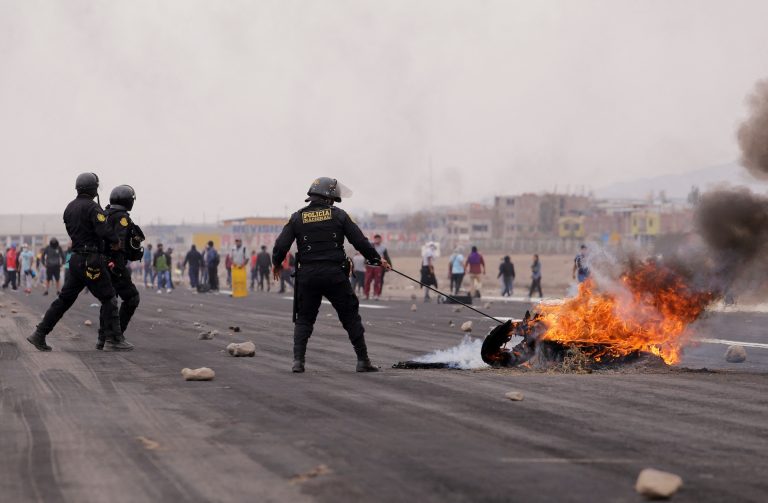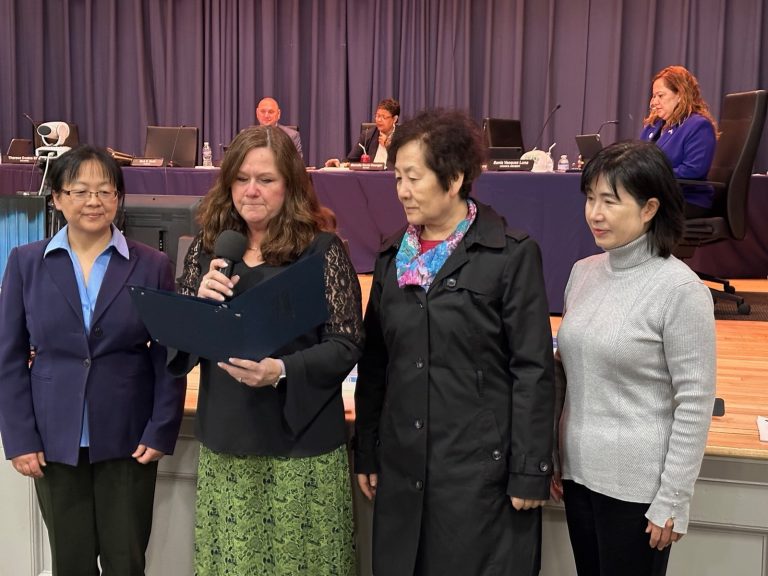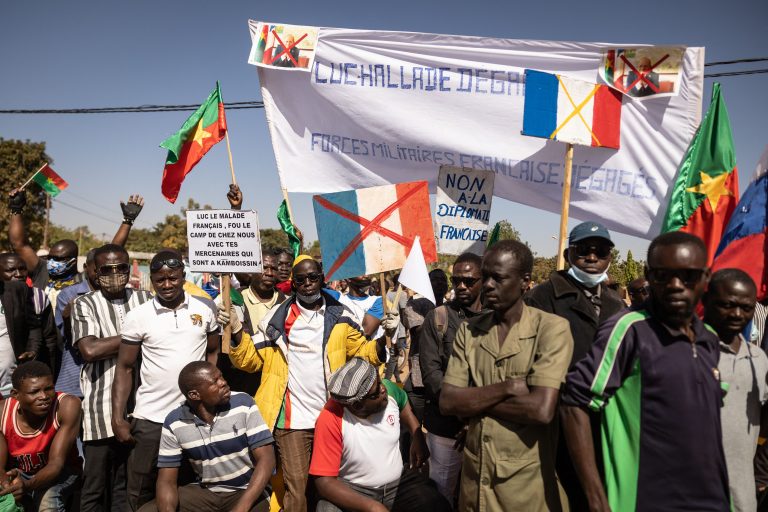LIMA, Peru — Peru’s new president said early on Monday, Dec. 12 that she would submit a bill to Congress to bring general elections forward by two years, after the ouster of her predecessor sparked protests that have left at least three people dead.
Dina Boluarte was sworn in last week after former President Pedro Castillo was sacked by Congress and arrested for trying to dissolve the legislature and prevent an impeachment vote against him in a day of high political drama that roiled the world’s No. 2 copper producing nation.
“I have decided to present a bill to reach an agreement with Congress to bring forward the general elections to April 2024,” Boluarte, 60, said in a speech to the nation. Elections were previously scheduled for 2026.
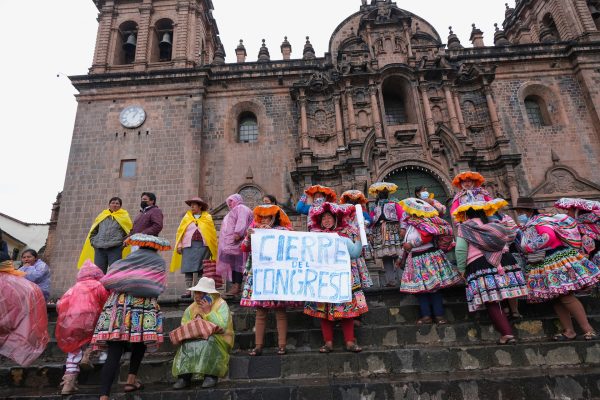
“The homeland is experiencing difficult times,” added Boluarte.
The new leader, Peru’s sixth president in the past five years, said she would present the bill in “coming days” after two teenagers were killed on Sunday and at least one more on Monday in the southern area of Arequipa, during protests demanding the country hold general elections following Castillo’s ouster.
Success
You are now signed up for our newsletter
Success
Check your email to complete sign up
In a handwritten letter posted later on Monday to his Twitter page, Castillo called Boluarte’s early election pledge a “dirty game” and derided her as an “usurper.”
Castillo asserted that he is the “humiliated victim of a kidnapping,” and called for an immediate assembly to rewrite the nation’s constitution. He also announced that he would not resign as president, even though he was lawfully removed from power by lawmakers on Dec. 7 — just hours after his attempted power grab.
Demonstrators, many of them Castillo supporters, have for days demanded Peru hold new elections rather than allow Boluarte to stay in power until 2026, when Castillo’s term would have ended. Some protesters also called for Congress to be shuttered and for Castillo to be released.
The protests could be fanned further by the announcement from civil and indigenous groups of an indefinite strike starting on Monday in Apurimac, home to major mines such as the Las Bambas copper project, owned by China’s MMG Ltd.
A source at Las Bambas, which has battled community blockades for years, said the company had no official comment but confirmed there had been more threats of blockades and a “radicalization” of protests against the firm by local communities.
Areas of ‘high conflict’
A former teacher and peasant farmer, Castillo attracted huge support from rural and mining areas that helped him win a narrow victory last year. But barely months into his administration, the leftist leader mired in allegations of corruption and he ultimately faced three impeachment trials.
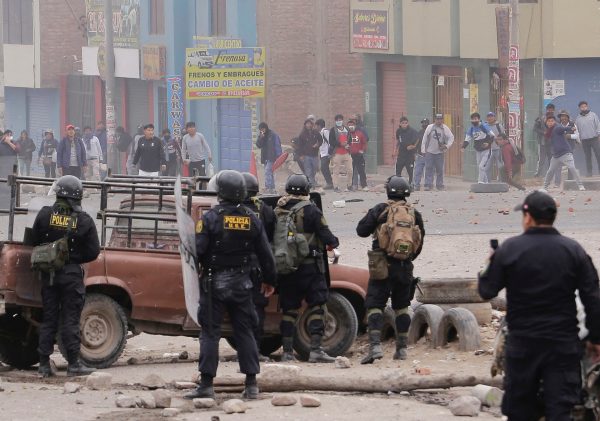
Protests involving hundreds or thousands of people have been held since last week in cities in Peru’s interior and capital Lima, at times turning violent.
In Apurimac, authorities ordered the closure of the city’s airport after an attack on the weekend by protesters, police said. Sections of the main highway along Peru’s coast remained blocked on Monday in the southern regions of Ica and Arequipa.
The local unit of LATAM Airlines said in a statement that it had canceled flights to and from Arequipa after reports that protesters had invaded the runway of the city’s airport. In Ica, the education authority suspended classes beginning Monday.
A Peruvian community also blocked a key mining corridor highway near the city of Cuzco amid the protests, a source close to the Las Bambas mine told Reuters.
Boluarte declared a state of emergency in the areas of “high conflict,” a measure that would allow the armed forces to take more control if necessary.
“I have given the instructions so that control of internal order can be recovered peacefully, without affecting the people’s fundamental rights,” said Boluarte, who lamented the deaths.
Castillo, who has been under preliminary arrest since Wednesday, is being investigated by prosecutors for the alleged crimes of “rebellion” and conspiracy.
By Reuters. (Reporting by Marco Aquino; Writing by Anthony Esposito; Editing by Bill Berkrot and Alistair Bell)



